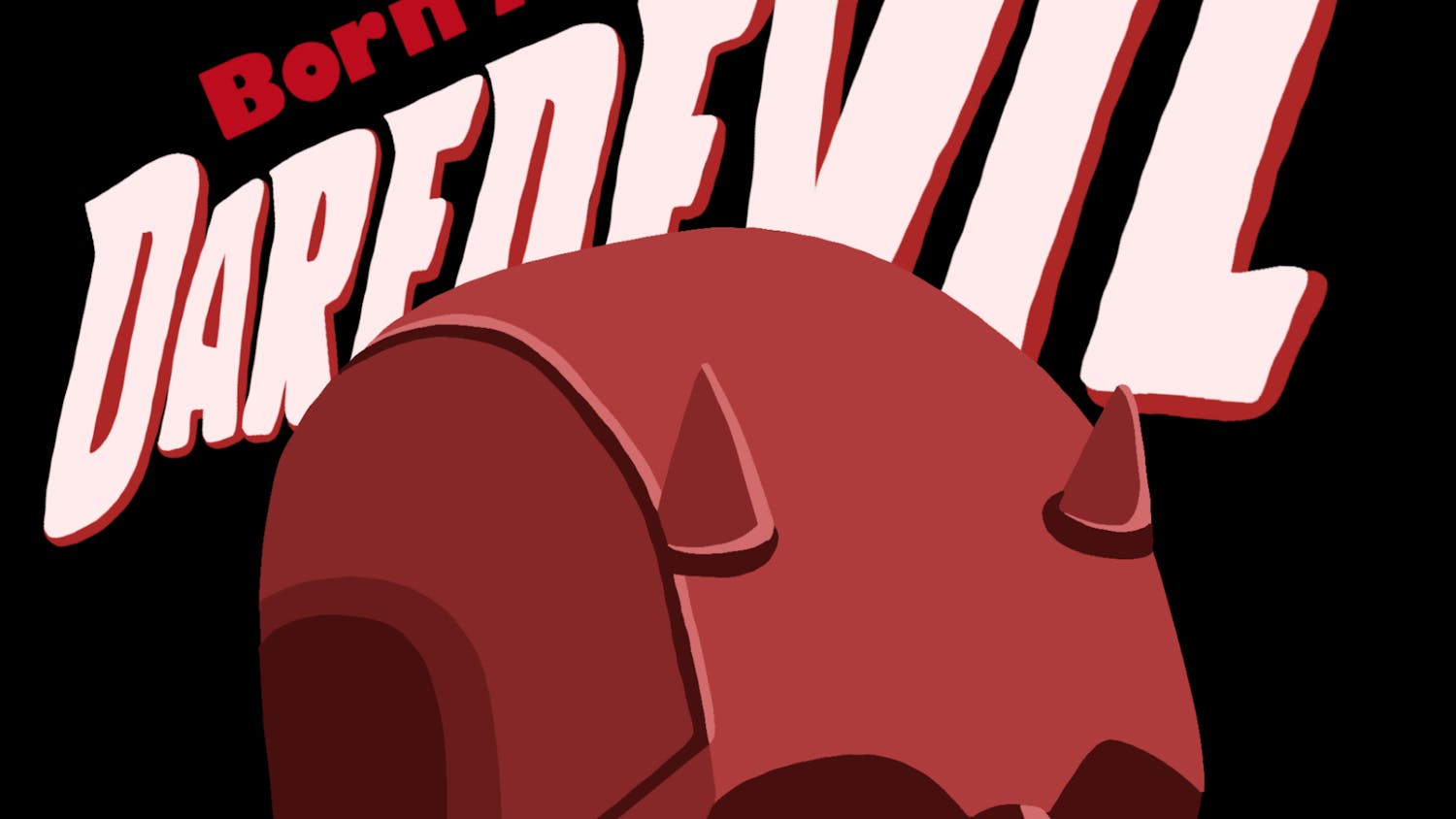Lately, the term “born sexy yesterday" has been popping up everywhere. It's especially present in online discourse surrounding "Poor Things," the critically acclaimed 2023 film that won several Oscars—notably Best Actress for Emma Stone—just a few weeks ago.
What is the “born sexy yesterday” trope?
In 2017, YouTube creator Jonathan McIntosh coined the term “born sexy yesterday" on his channel Pop Culture Detective. Often found in sci-fi and fantasy works, the trope depicts female characters who are hypersexualized and alien (sometimes literally) to social norms and practices.
These fictional women are especially naive to the sexual implications of seemingly innocuous acts and need the hero male protagonist to explain how the world works. They typically possess a skill (usually combat) deemed respectable or impressive in the eyes of a man.
"Tron: Legacy" (2010) includes a character named Quorra (Olivia Wilde), who is described as "profoundly naive" and "unimaginably wise." She is the protagonist's love interest and is styled in a deliberately "sexy" way, with a smokey eye, blunt black bob and skin-tight outfit.
According to McIntosh, the most "quintessential" example is the character Leeloo (Milla Jovovich) in "The Fifth Element" (1997). Leeloo is quite literally "born yesterday" in the narrative. In fact, she can barely talk and acts like a small child. But as soon as Leeloo appears, she is immediately sexualized. Different male characters call her "perfect" multiple times, and they remark on her body when she undresses herself in front of other people more than once.
This trope primarily appeals to male viewers who feel "average." The men these characters are paired up with are not extraordinary, but they appear that way to a woman who knows nothing about the world. In these instances, the woman's inexperience and childlike nature are not a bug, but a feature.
Alternate takes
Several films toe the line between playing into the trope and subverting it. There isn't any social commentary about the trope or the general infantilization of women, but these women are both far less sexualized than their counterparts and feature a protagonist, rather than a love interest, as the born sexy yesterday woman. Audiences are meant to identify with these women, not fetishize them.
“Enchanted" (2007) is an example of the trope in the original Pop Culture Detective video, but it doesn't check the boxes the same way the other films do. Giselle's (Amy Adams) naivety is framed as comical but also something she needs to grow beyond. She doesn't like taking advice from her male guide. The two characters have a huge argument about it, and the film ends with each character learning from the other.
"Wonder Woman" (2017) also plays into the trope without overly sexualizing its character. Diana (Gal Gadot) is knowledgeable about sex and reproduction, unlike Giselle, but does not treat the subject as taboo. At one point, she tries to disrobe in front of others but is stopped, halting any sexualization of her naivety.
"Poor Things"
"Poor Things" tells the story of Bella Baxter (Emma Stone), a reanimated dead woman with the brain of her unborn child implanted inside her. The film follows Bella's journey as she learns about the world around her, and the film primarily focuses on her sexual journey.
Bella is (re)born sexy yesterday, both literally and in the eyes of the men around her. The scientist who brought her back to life (Willem Dafoe) attempts to marry her off without her permission, her fiance (Ramy Youssef) does not respect her free will (but in all fairness, she is essentially a child) and the man she runs away with (Mark Ruffalo) belittles her, discourages her independence, takes advantage of her naive nature and body, and is overall disrespectful to her throughout the film. In the end, she discovers her true nature and returns to the husband she had before she died, only for him to attempt to drug and genitally mutilate her.
"Poor Things" is certainly not a film for the faint of heart. It notably has more depictions of "furious jumping" (as Bella calls it) than you can count. The film is essentially two hours and 21 minutes of a woman being repeatedly taken advantage of and struggling to be taken seriously, which can hit a little close to home for victims of both sexual violence and ableism.
However, "Poor Things" is extremely aware of the problematic nature of its events. The framing of said "furious jumping" scenes is done in an extremely objective and non-sensual manner. To clarify, the sex scenes are not filmed sexily.
Bella's inexperience with sex and otherworldly concepts may be appealing to the male characters around her (Mark Ruffalo's character quickly loses interest as Bella gains independence and intelligence), but the more life experience Bella acquires, the more empowered she becomes. Interestingly, she is at her most confident when doing sex work in a brothel toward the end of the film.
"Born sexy yesterday" is a trope that fetishizes inexperience and "purity" in women, showcasing the problematic ways many men view women. The men who write or enjoy this trope seemingly want a sexually mature woman with the mind of a child, which speaks volumes about not only the infantilization of women but the phenomenon of sexualizing women and girls before they're even born.
"Poor Things" subverts this by punishing the men who treat Bella poorly and don't learn from their mistakes, and by giving her a happy ending in which she is independent, both intellectually and sexually.
We live in a world that sells baby girl onesies with monikers like, "I'm not allowed to date ever," so while "Poor Things" isn't going to change the mindset of men who sexualize young and inexperienced women, its popularity may change viewers' outlook on how we treat our daughters versus our sons.
It's long overdue for such an outdated trope to get a new spin, and the subversion of "born sexy yesterday" might just be what makes "Poor Things" a future classic.






